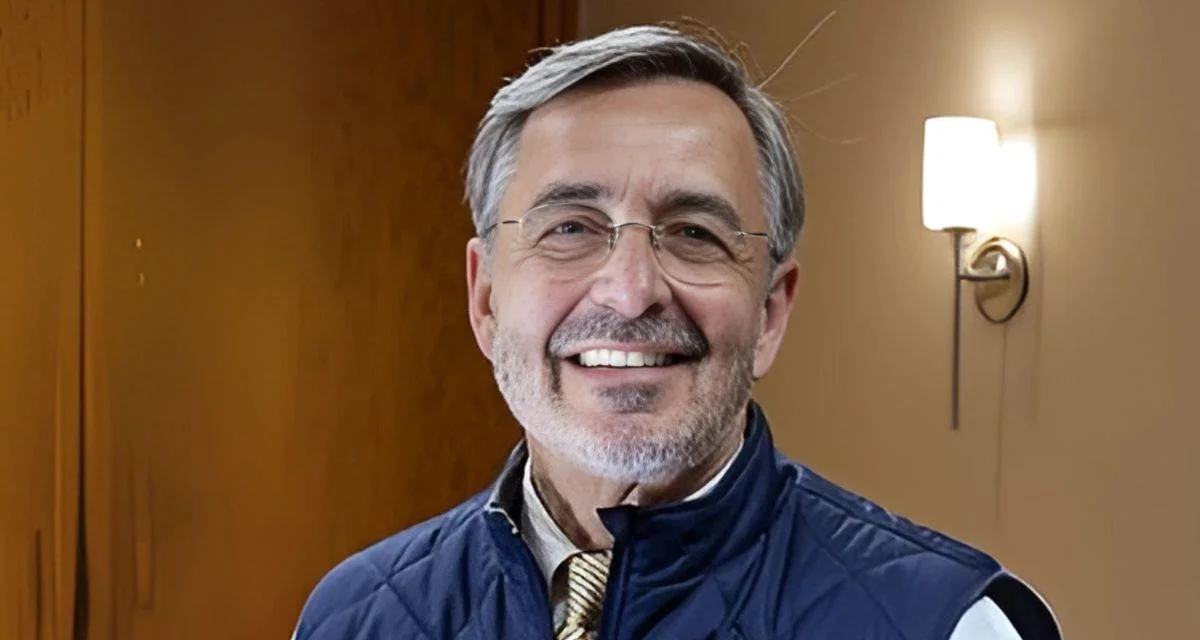Domenico Grasso, President of University of Michigan Ann Arbor | Wikimedia
Domenico Grasso, President of University of Michigan Ann Arbor | Wikimedia
Advances in aluminum recycling are at the center of a new five-year, $2.5 million research partnership between the University of Michigan and Hydro, a Norway-based aluminum company. The collaboration aims to improve the use of recycled aluminum in industries such as automotive manufacturing.
Hydro, one of the largest aluminum companies globally, expanded its U.S. presence by opening a $150 million metal recycling plant in southwest Michigan in 2023. The company also operates two research and development facilities in Michigan: one at the Cassopolis plant site supporting recycling operations and another in Troy focused on extruded products.
Extrusion involves shaping heated aluminum billets into various forms used for automobile parts, transportation infrastructure, and building materials.
The partnership with the University of Michigan College of Engineering will establish the Center for Recycling, Extrusion and Aluminum Technology (CREATe Partnership). This initiative builds on ongoing efforts funded by the U.S. Department of Energy to promote a circular economy for automotive aluminum in the Midwest.
“This partnership brings together top minds in materials science and manufacturing to expand what’s possible in recycling aluminum, a metal that packs incredible strength into a lightweight form and has become one of the world’s most widely used engineering materials,” said Karen A. Thole, Robert J. Vlasic Dean of Engineering at U-M. “Both Michigan Engineering and Hydro see tremendous potential in this research and this region to shape a more resilient future together.”
This is Hydro’s first research partnership with an American university.
“Hydro was founded 120 years ago at the intersection of a commercial visionary and a brilliant researcher. That spirit still defines us,” said Eivind Kallevik, president and CEO of Hydro. “Industrial progress happens when industry and science work together to solve problems and develop new solutions. I look forward to following this collaboration between Hydro and the University of Michigan—and to seeing it drive new advances in aluminium recycling and alloy innovation.”
Aluminum demand has risen over the past decade due to its role in improving energy efficiency. Lightweight alloys help vehicles achieve better fuel economy and are important components for solar panels and power lines.
Although aluminum can be recycled indefinitely, each cycle introduces impurities like iron that weaken its properties for high-performance uses. The partnership seeks to develop alloys that retain their strength after multiple recycling cycles through three main projects targeting impurity management.
One team led by Alan Taub will study whether applying low electric current during solidification can reduce iron-related degradation in recycled aluminum. Another group headed by Ashwin Shahani will investigate chemical methods for minimizing impurity effects by adding elements to alloys; Katsuyo Thornton and Daniel Cooper are also involved in this project alongside Shahani. A third team led by John Allison will use computational tools combined with experiments to design alloys capable of tolerating higher amounts of recycled material; Allison will also pilot an industry-focused master’s degree track aligning curriculum with sector needs.




 Alerts Sign-up
Alerts Sign-up